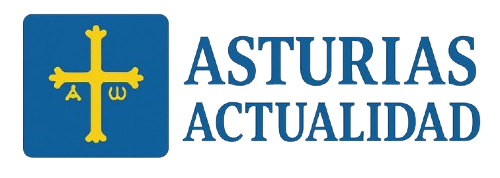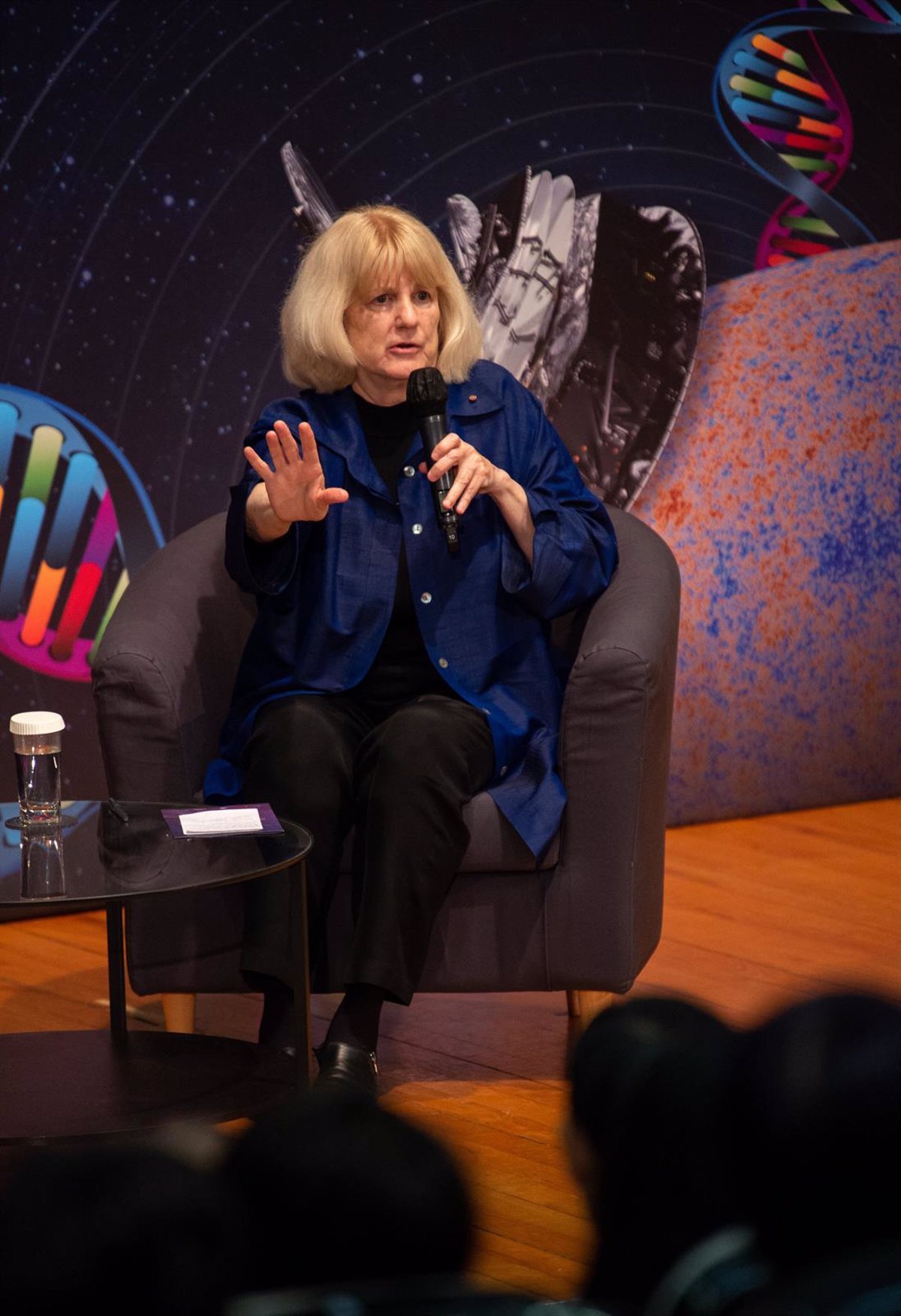The American geneticist Mary-Claire King has been awarded the Princess of Asturias Award for Scientific and Technical Research 2025. The jury announced the decision this Thursday at 12:00 pm at the Hotel Barceló Cervantes in Oviedo.
This candidacy was proposed by Peter Greenberg, Princess of Asturias Award for Scientific and Technical Research 2023, and has the support of Gene E. Robinson, director of the Carl R. Woese Institute of Genomic Biology at the University of Illinois (USA). This award, the seventh of the eight international awards that the Princess of Asturias Foundation is granting this year in its XLV edition, had 59 candidates from 23 nationalities.
Mary-Claire King (Chicago, USA, February 27, 1946) graduated in Mathematics from Carleton College (Northfield, Minnesota) in 1966 with honors, and later completed her doctoral thesis in Genetics at the University of Berkeley, under the guidance of Allan Wilson.
Between 1974 and 1976, she did a postdoctoral stay at the University of San Francisco, after which she returned to Berkeley as a professor of Genetics and Epidemiology in the Department of Molecular and Cellular Biology, where she worked until 1995, when she joined the American Cancer Society at the University of Washington (Seattle) and became an affiliated member of the Fred Hutchinson Cancer Center (Seattle), positions she still holds today. Her doctoral work in Evolutionary Biology had a significant impact by determining the close genetic proximity between humans and chimpanzees – 99% identical – through statistical analysis of protein similarity.
In 1974, King began researching the origin of breast cancer in Dr. Petrakis’ group. After many years of complex research and the development of new statistical models of population genetics and evolutionary genetics, in 1990 she identified a gene located on chromosome 17, called BRCA1, and found that mutations in this gene were involved in the development of certain types of breast and ovarian cancer.
This work represented a paradigm shift in the understanding of cancer, a complex disease that was not suspected to have a genetic origin, and in its treatment. Since then, the study of this disease and other so-called rare diseases, such as Huntington’s disease or cystic fibrosis, began to be approached from a different perspective.
Mary-Claire King has also played a very important role in the application of genetics in the field of human rights, such as in cases of identifying missing persons and their descendants after the Argentine dictatorship and in other countries, using the so-called ‘grandparentage index’.
King – whose work has led to the identification and reunification of 138 families to date – worked with Argentine grandmothers of the disappeared to establish the National DNA Database in Argentina, the first institution dedicated to systematically preserving genetic information for future identifications.
She has also made key contributions to understanding schizophrenia, providing evidence that this disorder arises from de novo mutations – changes in the DNA sequence of a gene that are observed for the first time in a person and have not appeared in previous generations – that damage genes regulating neurogenesis in the fetal prefrontal cortex.
By integrating genomics with neuroscience, she and her colleagues have played a fundamental role in uncovering the molecular basis of schizophrenia and have provided new insights into its pathogenesis and potential therapies. According to Scopus, she has 349 scientific publications, 48,631 citations, and an h-index of 106. Mary-Claire King has received honorary doctorates from more than twenty universities worldwide and is a member of, among others, the National Academy of Medicine and the National Academy of Sciences of the United States.
In 2012, she was president of the American Society of Human Genetics and has held significant positions in multiple public institutions and universities in the United States, such as the National Cancer Institute and other national health institutes, as well as internationally, such as the WHO Scientific Council.
Among the numerous awards she has received are the UC Medal (2004), the Women and Science Award from the Weizmann Institute of Israel (2006), the Lasker-Koshland Medical Research Award (USA, 2014), the National Medal of Science of the United States (2016), the Shaw Prize in Life Science and Medicine (Hong Kong, 2018), the Mendel Medal from the UK Genetics Society (2018), the Gairdner International Award from Canada (2021), and the Public Welfare Medal from the National Academy of Sciences of the United States (2025).

